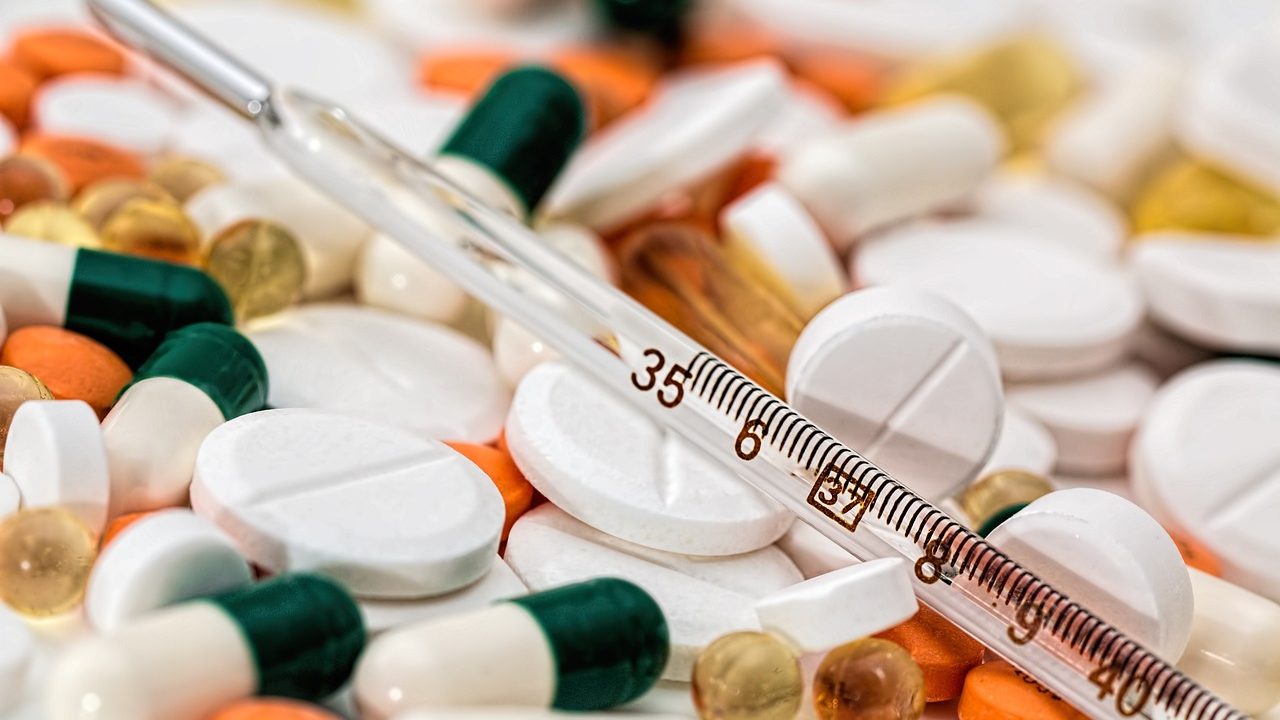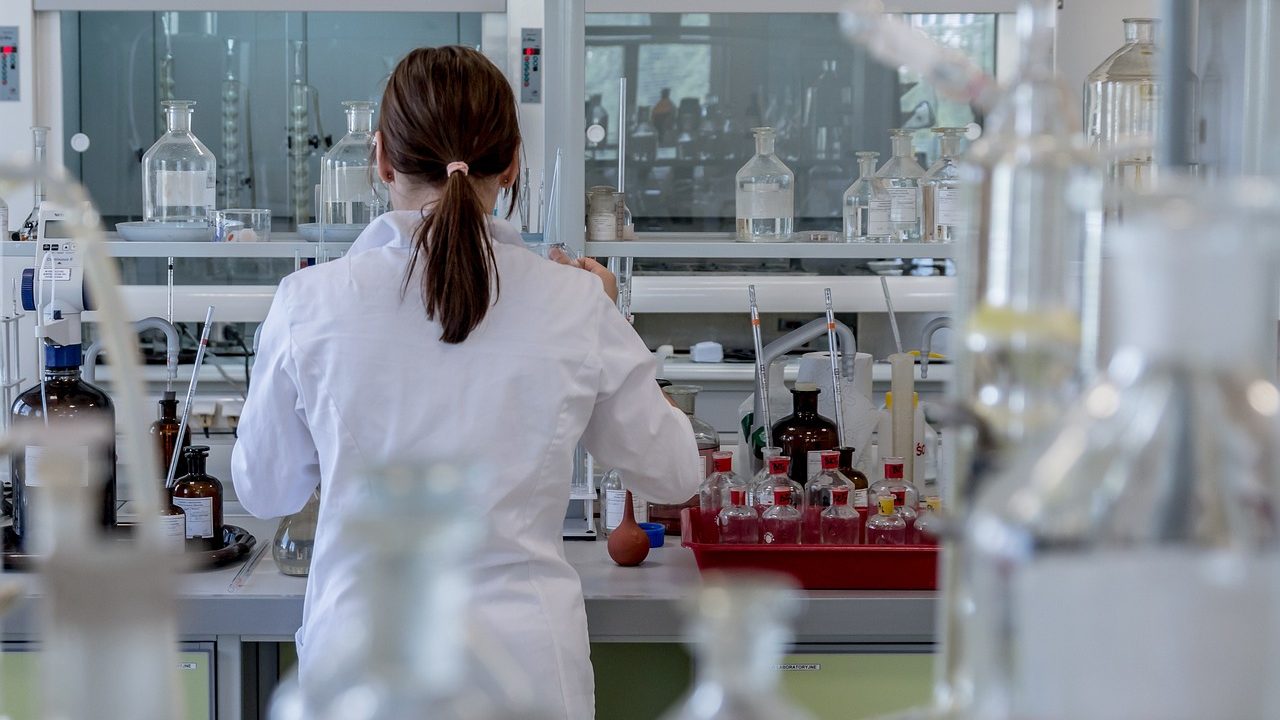
Drug discovery just got a digital makeover.
In pharma, speed can save lives. But historically, new drugs have taken 10–15 years to go from lab to market—at a cost of billions.
Now, data science is rewriting that timeline. From identifying promising molecules in silico to optimizing clinical trial design, the pharmaceutical industry is entering an era of computational acceleration. And the results could be revolutionary.
Key Areas Where Data Science Is Changing the Game
- Drug Discovery: Companies like Insilico Medicine and BenevolentAI are using machine learning to scan vast chemical libraries and model how potential compounds interact with the human body—long before any real lab work begins.1
- Biomarker Prediction: Advanced statistical models help identify which patients are likely to respond to a treatment—enabling personalized medicine and more targeted therapies.
- Clinical Trial Optimization: Data from electronic health records, wearables, and previous studies can help researchers simulate trials, find ideal participant profiles, and even predict trial dropout risks.
- Supply Chain Forecasting: With global distribution complexity post-COVID, pharma companies now use predictive analytics to anticipate shortages and optimize delivery routes for temperature-sensitive treatments.

Not Without Caution
While the upside is enormous, the risks of poorly vetted algorithms are real. A flawed model could recommend an ineffective drug candidate—or worse, one with hidden side effects.
That’s why regulators like the FDA and EMA are now investing in AI evaluation frameworks and partnerships with data science labs to build guardrails without blocking innovation2.
Workforce Transformation
Data scientists and biostatisticians are now as critical as chemists in drug development pipelines. Teams once siloed between biology and business are now integrated, with cloud platforms enabling cross-functional data sharing in real time.
Bottom Line
The next big blockbuster drug might not come from a lab—it might come from an algorithm that predicted its success before the first test tube was even cracked open.
Data science in pharma isn’t just speeding things up—it’s making medicine smarter, safer, and more personal.
Learn more about:
